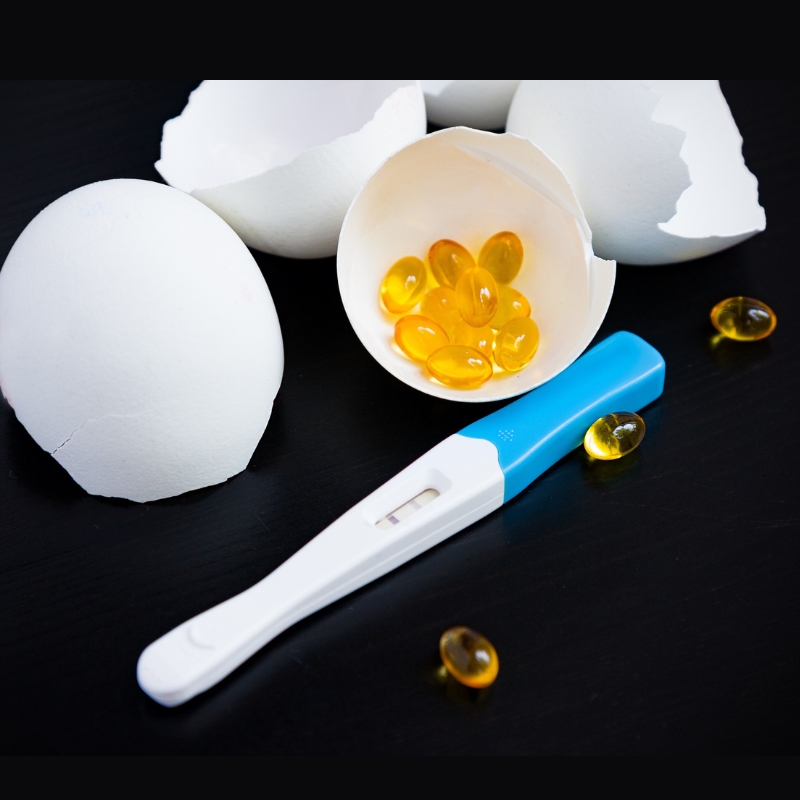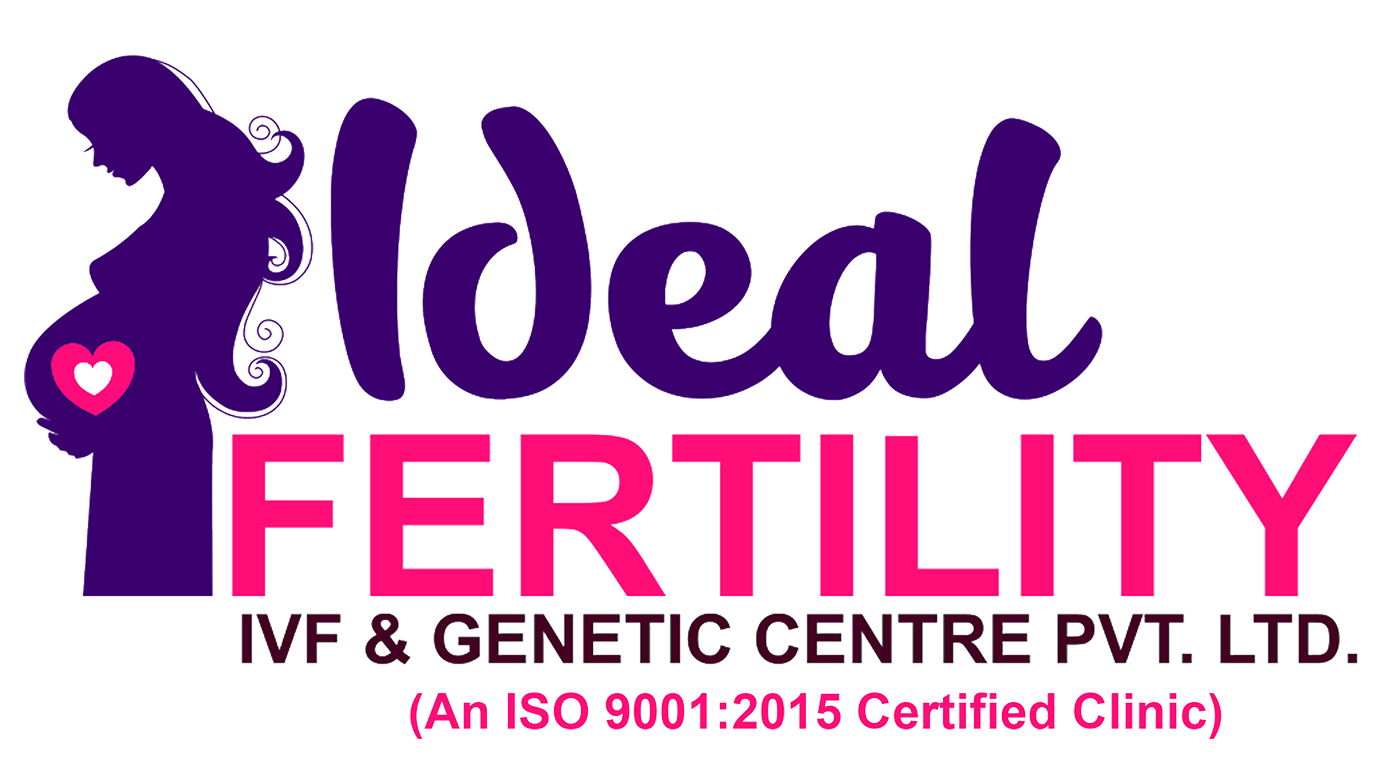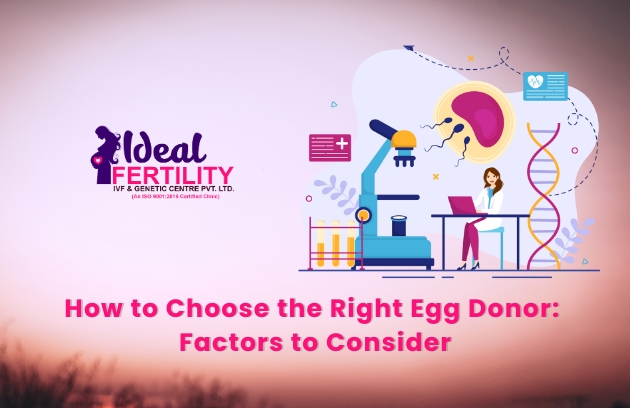Table of Contents
Egg donation has become a crucial part of assisted reproduction, offering hope to individuals and couples struggling with infertility. For women who have lost their ability to produce viable eggs due to age, medical conditions or premature ovarian failure, egg donation services (अंडा दान सेवाएँ) provide a pathway to parenthood. However, choosing the right egg donor is a deeply personal and significant decision. Various factors must be considered to ensure the best possible outcome for the intended parents and the future child.
Egg Donation Process (अंडा दान प्रक्रिया)
- Screening and selection of the donor based on medical and personal criteria.
- Ovarian stimulation of the donor to produce multiple eggs.
- Egg retrieval using a minimally invasive procedure.
- Fertilization of the eggs in the laboratory using sperm from the intended father or a donor.
- Transfer of the resulting embryos into the recipient’s uterus.
Since egg donation involves in-vitro fertilization (IVF) इन-विट्रो फर्टिलाइजेशन (आईवीएफ), the selection of the right donor is essential to increase the chances of a successful pregnancy.

Key Factors to Consider When Choosing an Egg Donor
1. Physical and Genetic Compatibility
Many intended parents prefer a donor whose physical traits (height, complexion, eye color, hair type and ethnicity) match theirs to ensure a resemblance with the child. However, the most critical aspect is genetic health.
- Family medical history: A thorough screening ensures that the donor does not have a history of hereditary diseases such as diabetes, heart conditions or genetic disorders.
- Carrier screening tests: These tests identify any potential genetic conditions that could be passed to the child.
2. Age and Fertility Health of the Donor
The ideal age for an egg donor is between 21 and 30 years. This is because younger women generally have higher-quality eggs, which improves fertilization and pregnancy success rates.
- Women under 30 have better ovarian reserve and fewer chromosomal abnormalities in their eggs.
- Donors undergo hormonal and fertility assessments to ensure their eggs are viable.
3. Medical and Lifestyle Background
A healthy lifestyle and medical history play a vital role in ensuring the donor’s eggs are suitable for donation.
- Non-smokers, non-drug users and those with a healthy BMI are preferred as they have higher-quality eggs.
- A history of regular menstrual cycles indicates a stable hormonal balance.
- Donors should not have sexually transmitted infections (STIs) or chronic illnesses.
4. Psychological and Emotional Readiness
Egg donation is not just a medical process, it also carries emotional and psychological responsibilities.
- Psychological evaluations ensure that the donor fully understands the implications of donation.
- Donors should be emotionally prepared and comfortable with their decision, knowing they are helping someone build a family.
5. Educational and Intellectual Background
Some intended parents consider the academic achievements, talents and cognitive abilities of a donor.
- While education level does not determine a child’s intelligence, some parents prefer donors with high academic achievements or special talents.
- Personality traits such as determination, creativity or athletic abilities can also be factors.
6. Fresh and Frozen Egg Donation
Egg donation can involve either fresh or frozen donor eggs. Each option has its own benefits and challenges.
- Fresh donor eggs are retrieved and fertilized immediately, usually leading to higher success rates. However, the synchronization between the donor and recipient can be complex.
- Frozen donor eggs offer more flexibility, as they are already available for use, but the success rates may be slightly lower than fresh eggs.
7. Anonymous and Known Egg Donors
Intended parents can choose between anonymous or known egg donors based on their comfort level and future preferences.
- Anonymous donation: The donor and recipient do not meet and their identities remain confidential. Most egg donation services offer this option to protect the privacy of both parties.
- Known donation: Some parents prefer a donor they know personally, such as a friend or relative. This can help maintain transparency and openness in the process.
8. Success Rates and Donor’s Past Donation History
An experienced donor who has successfully helped couples conceive in the past may be preferred.
- A donor with previous successful pregnancies or donations indicates good egg quality.
- Clinics keep records of successful fertilization and pregnancy rates for donors.
9. Compatibility with the Recipient’s Body
Some medical aspects of the donor should match the recipient’s body for better implantation rates.
- Blood type provides factor compatibility which can be important for some parents.
- Immunological matching may be necessary if the recipient has a history of pregnancy complications.
10. Ethical and Legal Considerations
Each country and fertility clinic has its own legal framework regarding egg donation.
- Intended parents should ensure that the legal rights of the donor and recipient are clearly defined.
- Donors typically sign agreements stating they waive any parental rights to the child.
- Some regions have strict laws regarding anonymity, compensation and rights of the child to know the donor in the future.
Choosing the Right Egg Donation Services (अंडा दान सेवाएँ)
Selecting the right egg donation services is just as important as choosing the donor. A reputable clinic will:.
- Conduct comprehensive screening for medical, genetic and psychological factors.
- Offer a diverse donor database with detailed profiles.
- Provide transparent legal agreements to protect both the donor and intended parents.
- Maintain high success rates through proper egg retrieval and fertilization techniques.
Benefits of Using an Egg Donor
- Higher pregnancy success rates for women with ovarian failure.
- A chance to experience pregnancy and childbirth despite fertility challenges.
- Use of the male partner’s sperm for genetic linkage.
- Availability of high-quality eggs from young, healthy donors.
Conclusion
Choosing the right egg donor is a deeply personal decision that requires careful consideration of medical, genetic, psychological and ethical factors. With advancements in egg donation services, intended parents can now access a diverse pool of well-screened donors, increasing their chances of a successful pregnancy. Consulting with an experienced fertility specialist and selecting a reputable clinic ensures that the process is smooth and legally secure.
Egg donation offers hope to many individuals and couples who dream of parenthood. By carefully evaluating the factors mentioned above, intended parents can make informed decisions that best suit their needs and values.
FAQs About Egg Donation Services
Q1. How are egg donors screened?
Egg donors undergo medical, genetic, psychological and lifestyle screenings to ensure they are healthy and suitable for donation.
Q2. What is the ideal age for an egg donor?
The best age for an egg donor is between 21 and 30 years, as younger women have higher-quality eggs.
Q3. Can I meet my egg donor?
This depends on whether the donation is anonymous or known. Some clinics allow limited information sharing, while others keep donor identities confidential.
Q4. What is the success rate of using donor eggs?
The success rate of egg donation IVF depends on the clinic, but it typically ranges from 50% to 75% per cycle.
Q5. Are frozen donor eggs as good as fresh eggs?
While fresh eggs generally have higher success rates, frozen eggs are more convenient and allow for immediate use without the need for donor synchronization.



